Find Help
Quick links
Contact RCI



A Rape Crisis Centre is a safe space for survivors of sexual violence and their supporters, including rape, sexual assault, sexual harassment and childhood sexual abuse to work through trauma with specially trained counsellors and psychotherapists.
Counselling is a one-on-one relationship which provides the support and encouragement necessary to allow someone to talk about their feelings in a safe and confidential space. There is no fixed number of sessions for each client – each person’s process of healing is individual and you can attend the counselling for as long as you need with the counsellor assigned to work with you. You will not be charged for the counselling.
Our Therapy Programmes support people who have experienced the trauma of childhood sexual abuse.
You can see a counsellor in a Rape Crisis Centre whether or not you report the assault to the police or go for a medical examination. It does not matter how long ago the assault happened.
There are 17 rape crisis centres around Ireland, each centre offers different types of therapy and counselling.
The pace of healing is very individual.
It is affected by such things as the duration and intensity of the sexual violence, your relationship to the person who assaulted you, previous traumatic experiences, life milestones such as having a child or the death of a parent and the degree of support you have outside of the counselling setting.
You may be with us for 6 sessions, or 60. People often begin with weekly sessions and then spread out the time between sessions as their needs change. Some survivors return to counselling at different life stages.
Yes. The first time you come to the Rape Crisis Centre, a counsellor will explain how we work.
Most centres have a waiting list but you will always be seen for an introductory session and the centre will stay in touch with you until a counsellor is assigned to you. You can remain with this counsellor as long as you need. You may choose to change counsellor and can discuss that with the centre. If your counsellor leaves the centre they will work with you on any transition.
There may be other support services in the centre that you can also avail of also such as garda accompaniment or group work.
Learning that someone you care for has experienced sexual violence can be quite a shock and may leave a supporter feeling helpless. We have a counsellor who can talk through this with them either on the helpline or face to face.
If your supporter is in contact with the same centre as you, we will not give them any information about your progress or case. We will fully respect your confidentiality.
To find out more, go to: Supporting survivors of sexual violence
What counselling hopes to achieve is that the event becomes something which no longer takes over or controls your day-to-day life. Forgetting sexual violence is not a realistic or even desirable goal of counselling.
You may find that, in the course of counselling, you begin to develop positive aspects of yourself that have lain hidden or under-developed. Counselling will help you to understand that what you are experiencing is a normal reaction to an abnormal event.
This does not in any way minimise the range and intensity of your feelings but reaffirms your normality in the context of what has happened to you.